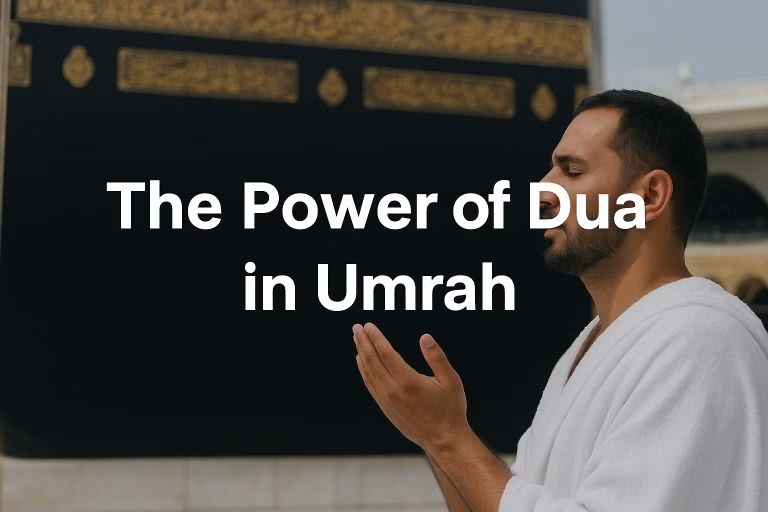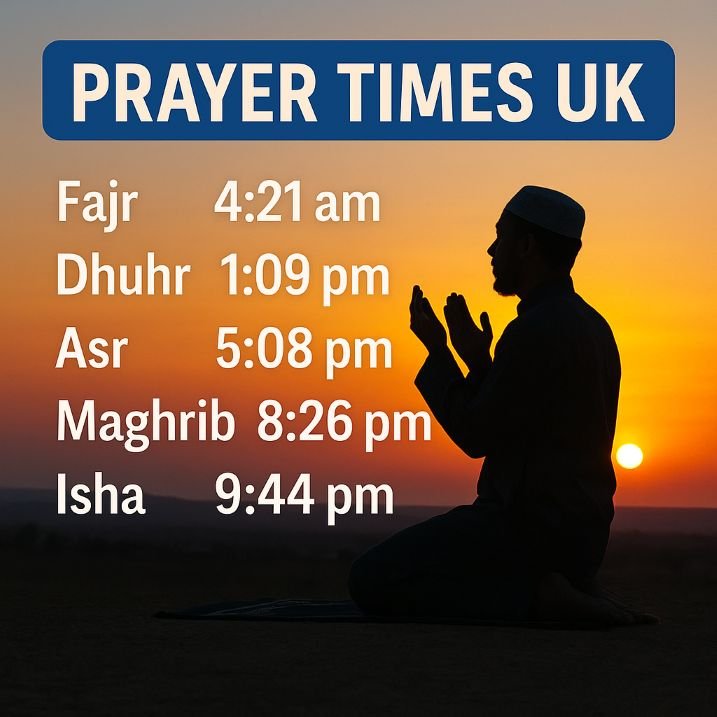I once found myself staring at my alarm clock in the dead of night, bleary-eyed and wondering: “Why on earth did I agree to wake up at 4 a.m. for prayer?” prayer times UK, It seemed absurd. Coffee hadn’t kicked in yet, the cat was judging me (as usual), and I was definitely in the “please-roll‐over” zone. But I did it anyway, because that moment was one of those points where the ritual of the day anchored me. And that moment is why I’m writing this—talking to you about prayer times UK, not from some mountaintop sage-pose, but from the real world where the snooze button is seductive.
What are “prayer times UK”?
In the UK, Muslims observe five daily prayers—Fajr (dawn), Dhuhr (midday), Asr (afternoon), Maghrib (sunset) and Isha (night). Islamic Relief UK
The exact times vary depending on your city (London, Birmingham, Glasgow…) and the date—because daylight shifts, seasons change, and yes, Britain loves to mess with us via the clock (hello, GMT/BST). For example: a timetable in London shows Fajr at ~05:09 BST on 1 Oct 2025. Aladhan
Why knowing them matters
- It gives your day structure. You’re not just reacting to emails or traffic.
- It aligns you with a tradition, a rhythm built over centuries.
- It makes the “I forgot” or “I missed it” feeling less likely.
- You feel part of a community—because everyone who cares does it too.
- And yes, you wake up at weird hours sometimes, but the upside? That moment of silence in the early morning does something to you.

What changes in the UK compared to other places?
Here are some quirks:
- The further north you go (Scotland, for example), the lighter the nights in summer—and darker the days in winter. That means prayer-time windows shift in ways you may not be used to.
- Local calculation methods can differ. Some mosques or organisations use slightly different angles or rules to decide Fajr or Isha times. Aladhan+1
- You might be juggling work, study, commuting—not always a calm desert-oasis scenario. Which means being realistic about how you’ll fit them in.
How to check your local prayer times
- Use a trusted site/app that covers your city. For example, London times are listed on various sites. IslamicFinder+1
- If you’re in a less-covered area, check your nearest mosque’s timetable. Many publish downloadable PDFs. eastlondonmosque.org.uk
- Make sure you’re aware of daylight saving changes (BST vs GMT) so your phone alarm doesn’t mis-fire.
Tips to make it easier (because I know it’s not always simple)
- Set your alarm before Fajr time if you know you’ll struggle; let’s not pretend you’ll just “wake up naturally”.
- Use a bookmark or a widget that shows the current prayer times for your city.
- If your schedule is chaotic, pick one prayer each day to focus on being timely—then build from there.
- Be kind to yourself. There will be days when you miss. Doesn’t mean giving up—it means remembering why it mattered.
- Engage with the community: hearing others say “I managed Asr just before Maghrib” makes you feel less alone.

A few extra-practical FAQs you might be wondering about
- Q: What happens if I’m travelling or out of town?
A: Use the time for your destination or the closest city; many apps let you switch location. - Q: Can I delay a prayer because of work or travel?
A: Some allowances exist, depending on the school of thought, but good to keep the aim of praying in its time. - Q: What if sunrise/sunset times are weird (e.g., far north UK)?
A: Some official tables adjust for high-latitude areas; check a reliable local source. - Q: Should I rely only on apps?
A: They’re helpful—but always good to cross-check with a mosque or local timetable. - Q: What difference does it make spiritually?
A: Think of it like pressing pause on life, turning toward something that’s bigger than the screen. - Q: How do I start building consistency?
A: Pick the one prayer you most often miss; set a realistic target and do that week; next week pick another.
Final word
If you were me, lying in bed at 04:00, groaning at the alarm, you might ask: “Is this really worth it?” My answer: yes—because those 10-15 minutes of silence, reflection, awareness—they build something. You might not see it in a week. Maybe not even a month. But over time you’ll notice: you’re not just rushing through life, you’re showing up.
So if you’re reading this and thinking, “Okay, prayer times UK… but where do I start?”—start small. Check the time for your city today. Set the alarm. Make one moment intentional.
You’ve got this.







